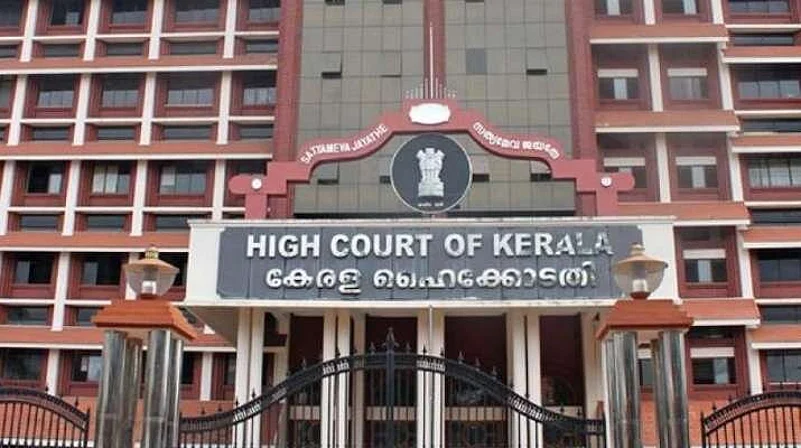Applying legal provision of 'parens patriae', the Kerala High Court on Tuesday allowed abortion of an over 15-week pregnancy of a mentally challenged rape victim. The verdict came on the ground of the victim's inability to take an informed decision on her own.
Government Mental Health Centre and the Sree Avittom Thirunal Hospital, both in Thiruvananthapuram, now have the high court's permission to perform the medical termination of pregnancy.
The hospitals were also directed to take the tissue of the foetus and maintain the same for DNA examination as the woman, who hails from Bihar, was a rape victim.
Justice P B Suresh Kumar took the decision based on the report of a medical board which after examining the woman had opined that though the continuation of the pregnancy does not endanger the life of the victim, there was a high risk for the mother and baby as she was on multiple anti-psychotic medication.
Advertisement
A certificate issued by the medical board attached to the Mental Health Centre also indicated that the victim was suffering from mental retardation with psychosis and was
unable to take decisions or communicate her opinion, the
court noted in its order.
"Having regard to the fact that the person involved in the case is a rape victim and considering the opinion of the medical board, I am of the view that in a case of this nature, it is in the best interests of the person concerned to permit termination of her pregnancy," the judge said.
The matter was brought to the attention of the court by the Kerala State Legal Services Authority which had espoused the cause of a hapless rape victim diagnosed with psychosis.
Advertisement
The victim was found wandering within the limits of Kazhakoottam Police Station in Thiruvananthapuram and was taken by the police initially to a psycho-social
rehabilitation centre and then to the Mental Health Centre in
Peroorkada.
The medical board at the Mental Health Centre found the victim to be pregnant, having a gestation period corresponding to eight weeks as on June 4 and as the relatives of the victim could not be traced, the Superintendent of the Mental Health Centre apprised the
plight of the victim to the District Legal Services
Authority.
Subsequently, the writ petition was filed by the Kerala State Legal Services Authority seeking permission for medical termination of the pregnancy of the victim as she was not in
a position to grant consent for the same.
The court observed that in the instant case the pregnancy was one which could be terminated on the basis of the opinion of a registered medical practitioner that the continuance of the pregnancy would involve a grave injury to her mental health, since the gestation period was not morethan twenty weeks.
Even otherwise, the pregnancy was one that could be terminated on the basis of the opinion of two medical practitioners on the above lines, the court said and added that the only impediment in the matter was that the victim was not in a position to give consent for the same.
Advertisement
The court, thereafter, donned the mantle of 'parens patriae' or legal protector of the citizens, a concept evolved in common law and applied to situations where the State must take decisions in order to protect the interestsof those persons who are unable to take care of themselves.
"This doctrine has been applied in cases involving rights of minors and those persons who have been found to be mentally incapable of taking informed decisions for
themselves," the court said.
It further said that courts in India have evolved different tests while exercising 'parens patriae' jurisdiction for the purpose of making reproductive decisions
on behalf of mentally ill persons.
Advertisement
"One among the said tests is the test of 'best interests' which requires the court to ascertain the course of action which would serve the best interests of the person
in question," it added.
(With PTI Inputs)




















